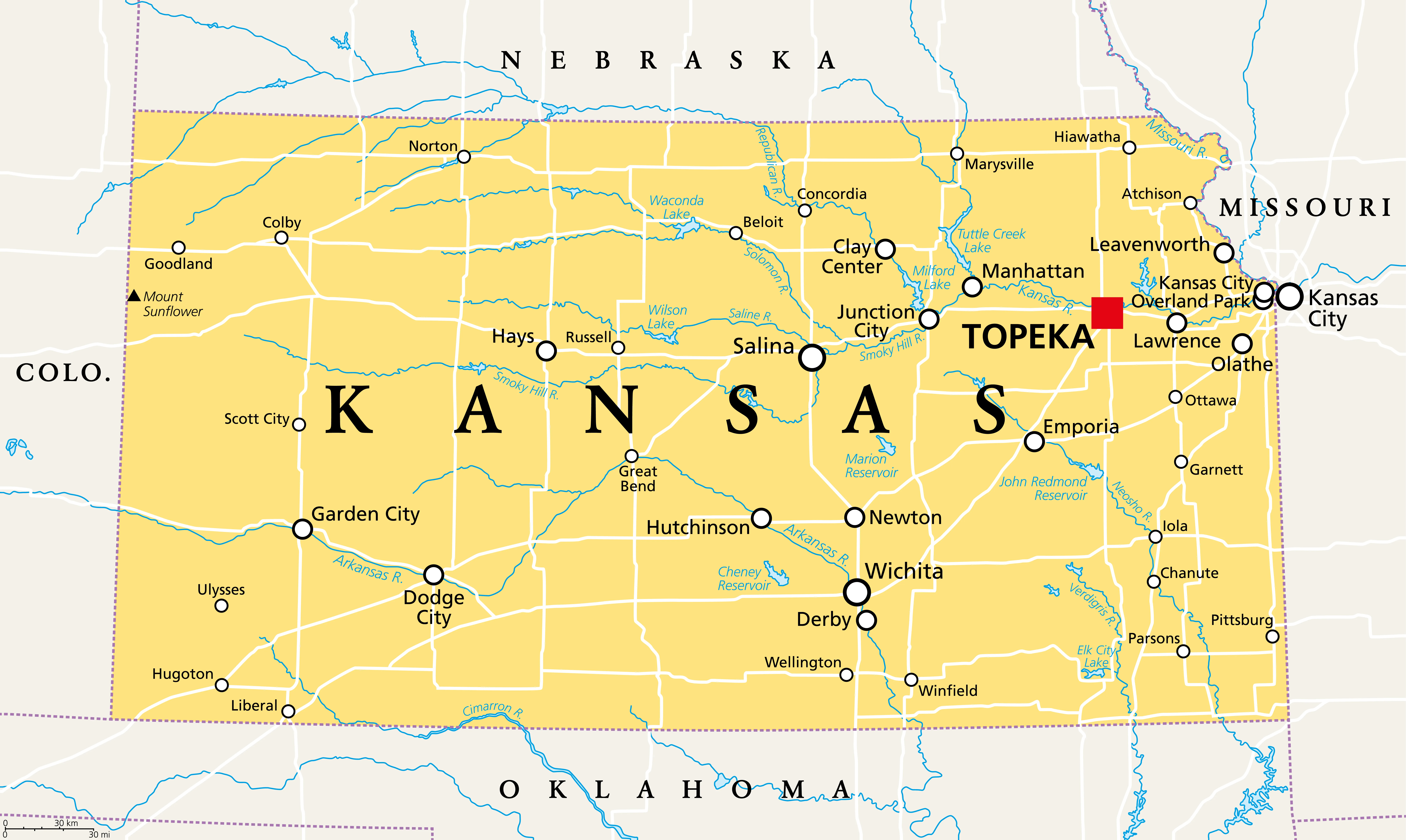
Crohn's, Colitis Awareness Week puts focus on 'invisible disease'
Click play to listen to this article.
(Oregon News Service) This week is Crohn's and Colitis Awareness Week, shedding light on what some call an invisible disease.
Crohn's disease and ulcerative colitis are also known as inflammatory bowel disease, and they affect a person's food choices and many other aspects of life.
Ryan Boyce - executive director of the Northwest chapter of the Crohn's and Colitis Foundation - said symptoms include abdominal pain, rectal bleeding and diarrhea.
But Boyce said many suffer in silence because those symptoms aren't usually visible.
"It's a difficult disease to diagnose and it's very common for folks to really struggle with these symptoms for a while," said Boyce, "before they get properly diagnosed and can begin a treatment path to help improve their health."
A recent study found about one in 100 Americans has been diagnosed with inflammatory bowel disease, or IBD.
Boyce said there's no cure for the disease, although there are a few approaches that can alleviate symptoms, such as medication and changes to a person's diet.
"The unique thing with IBD is that it impacts everyone a little bit differently," said Boyce. "So, there's not one set strategy and plan, or a blueprint if you will, that if everyone follows then it kind of limits symptoms. There's just so much variance with the disease."
Boyce said there have been major strides in the search for solutions for this affliction.
"What we're really trying to do is find cures," said Boyce, "and cures, plural, because it will take more than one cure depending on the disease and the treatment - and pushing toward that."

















